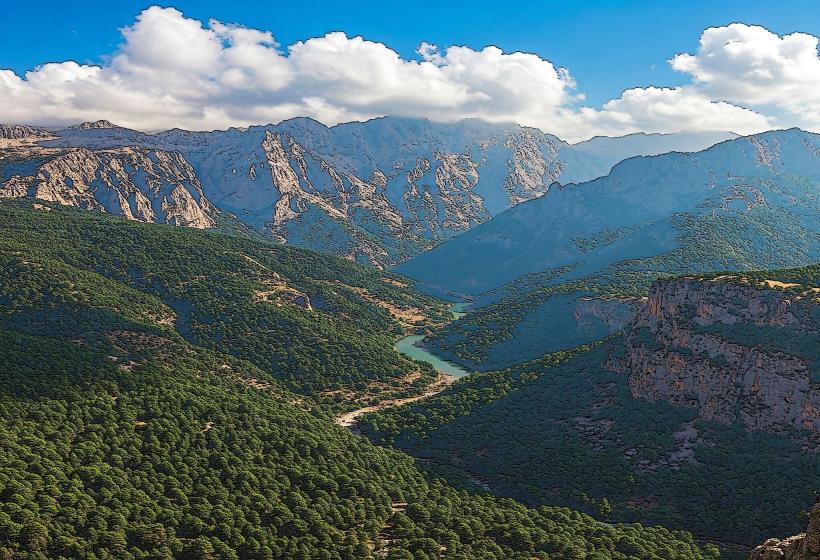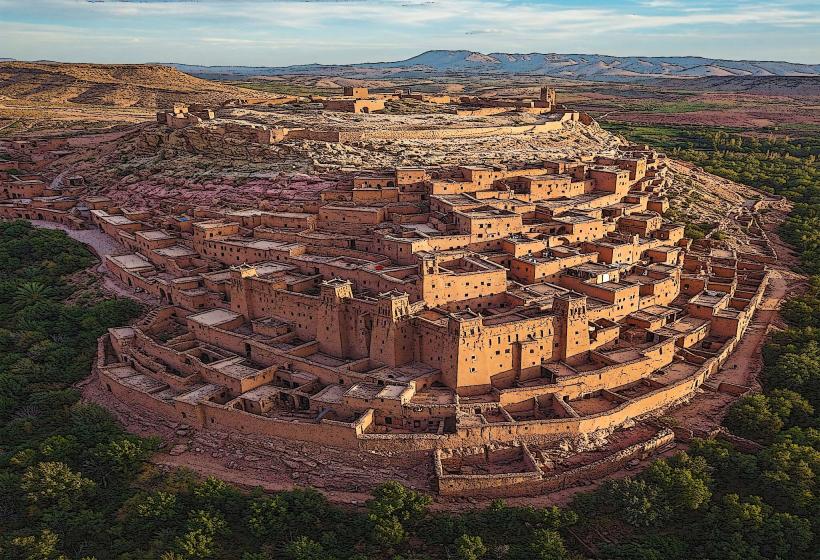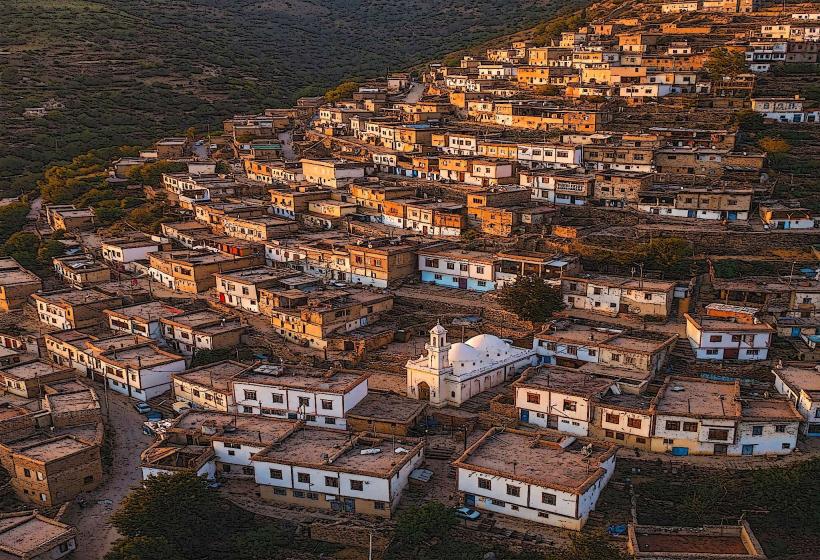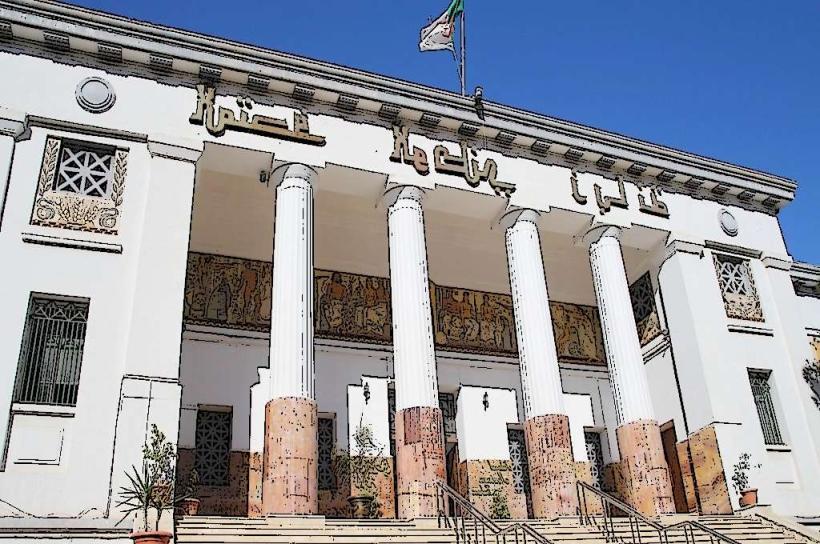Information
City: Tizi OuzouCountry: Algeria
Continent: Africa
Tizi Ouzou, Algeria, Africa
Tizi Ouzou is the capital of the Tizi Ouzou Province and the cultural heart of the Kabylie region in northern Algeria. Located in the foothills of the Djurdjura Mountains, it is the center of Berber (Amazigh) identity, language, and resistance, known for its rugged landscapes and vibrant intellectual life.
2026 Strategic & Infrastructure Context
Urban Mobility (POMA Cable Car): As of early 2026, the Tizi Ouzou II cable car (extending the city's aerial transport network) is entering its final operational phase. This 1.9-km line links the M'douha district to the Sidi Belloua Hospital at an altitude of 600 meters, significantly reducing transit times for residents in the city's steep hillside neighborhoods.
Motorway Penetrator: The strategic Tizi Ouzou Ring Road and its connection to the East-West Highway remain a primary focus in 2026. This complex project involves 21 viaducts and 2 tunnels to bypass the city's dense center and facilitate the movement of goods toward the northern ports.
Hocine Aït Ahmed Stadium: Since its inauguration in 2024, the 50,000-seat stadium has become a major hub for national and regional sports, serving as the home ground for JS Kabylie (JSK), the region's iconic football club.
Digitalization: In line with the national 2026 strategy, the city has expanded its Digital Public Services, integrating fiber-optic connectivity into the Mouloud Mammeri University and administrative centers to streamline local governance.
Demographics & Population
The 2026 population of the Tizi Ouzou wilaya (province) is approximately 1.2 million, with the urban core housing around 160,000 residents. The population is almost entirely Kabyle (Berber). While Arabic and French are used for administration and commerce, Tamazight is the primary language of daily life and cultural expression.
Urban Layout & Districts
The City Center: Defined by Colonial-era French architecture mixed with modern commercial buildings. It is home to the central market and the main administrative offices.
Nouvelle Ville (New City): A sprawling southern expansion characterized by modern apartment blocks, the intermodal transport station, and a high concentration of cafes and shops.
Monique & Haute Ville: Older residential sectors perched on the slopes, offering views of the valley.
M'douha: A key transport and institutional hub, now connected to the high-altitude hospital via the new cable car.
Top Landmarks & Culture
Djurdjura National Park: A UNESCO-recognized biosphere reserve just south of the city. In winter 2026, its snow-capped peaks like Lalla Khedidja are primary destinations for trekking and mountain sports.
Mouloud Mammeri University: A bastion of Amazigh studies and a focal point for the "Berber Spring" movement. It remains the intellectual engine of the region.
Tigzirt & Azeffoun: Coastal towns located about 40 km north of the city, famous for Roman ruins and Mediterranean beaches.
Ath Yenni: A nearby village celebrated for its traditional silver and coral jewelry, a craft that remains a primary source of cultural pride and export in 2026.
Security & Travel Context (January 2026)
Regional Stability: While the city is generally safe for daily life, international advisories (NZ and UK as of January 2026) recommend a "High degree of caution" in the Kabylie region due to the potential for localized civil unrest and the presence of security forces in mountainous rural areas.
Photography: It remains illegal to photograph government buildings, military sites, or security personnel.
Facts & Legends
Legend says the name "Tizi Ouzou" translates to the "Pass of the Gorse" (an evergreen shrub), referring to the floral landscape that once dominated the mountain pass. A geographic fact: Tizi Ouzou is one of the wettest regions in Algeria, receiving significantly higher rainfall than the capital, Algiers, which supports its lush, forested surroundings. Historically, the city served as a key administrative post for the Ottoman Empire and later the French, but it is best known for its role in the 1980 "Berber Spring" (Printemps Berbère), which ignited the modern movement for Amazigh rights.





